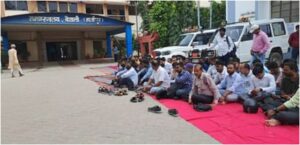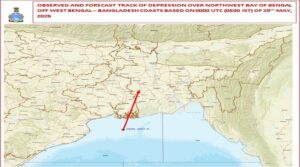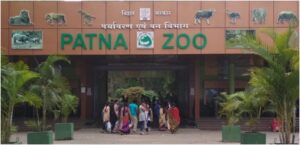Bihar Agriculture Secretary Champions Conservation and National Recognition of Dudhia Maldah Mangoes
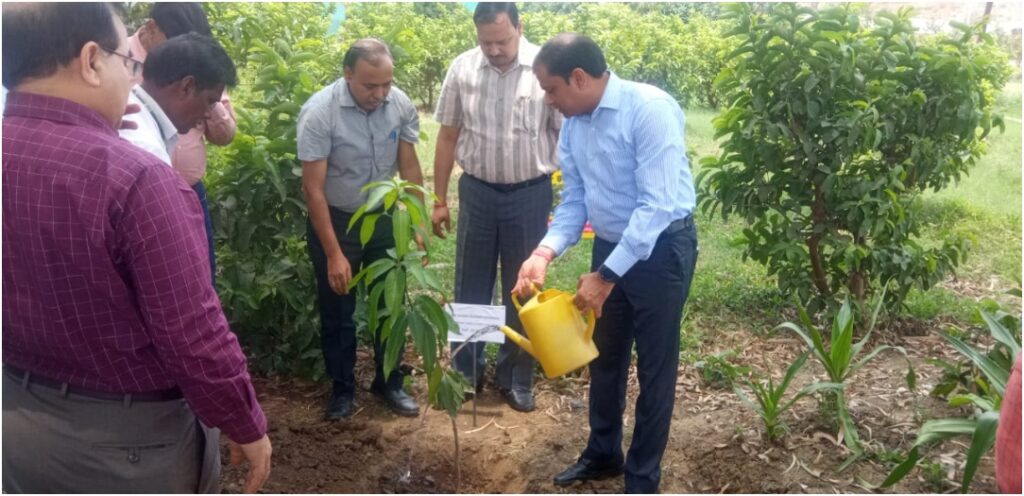
Patna: In a bid to boost innovation and self-reliance in agriculture and horticulture, Bihar Agriculture Secretary, Sanjay Kumar Agarwal, visited the Agricultural Research Institute (ARI) in Patna on Monday. During the visit, he assessed the institute’s efforts in producing high-quality plant material and conserving mother trees of horticultural crops.
Agarwal observed the propagation processes for various plants and instructed scientists to ensure the distribution of top-grade horticultural varieties to local farmers. A significant focus was placed on the conservation and recognition of the Dudhia Maldah mango, a prized local variety currently undergoing the process of obtaining a Geographical Indication (GI) tag.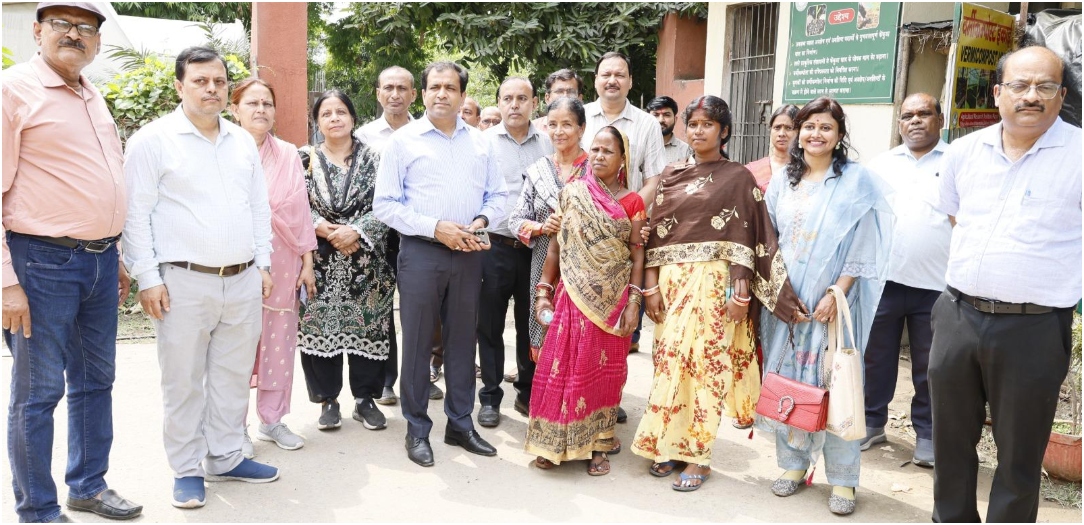
Highlighting the importance of this heritage fruit, Agarwal, alongside Justice Rajiv Ranjan Prasad of the Patna High Court, planted a Dudhia Maldah mango sapling on the institute’s campus—a symbolic gesture reinforcing the push to secure national recognition for the mango variety.
“The Dudhia Maldah mango’s unique qualities deserve national attention,” said Agarwal. He noted that efforts are underway to extend its cultivation beyond Digha, with plans to distribute 200 saplings to each district across the state via the Directorate of Horticulture. The initiative aims to promote conservation while ensuring farmers benefit from high-yield, quality fruit production.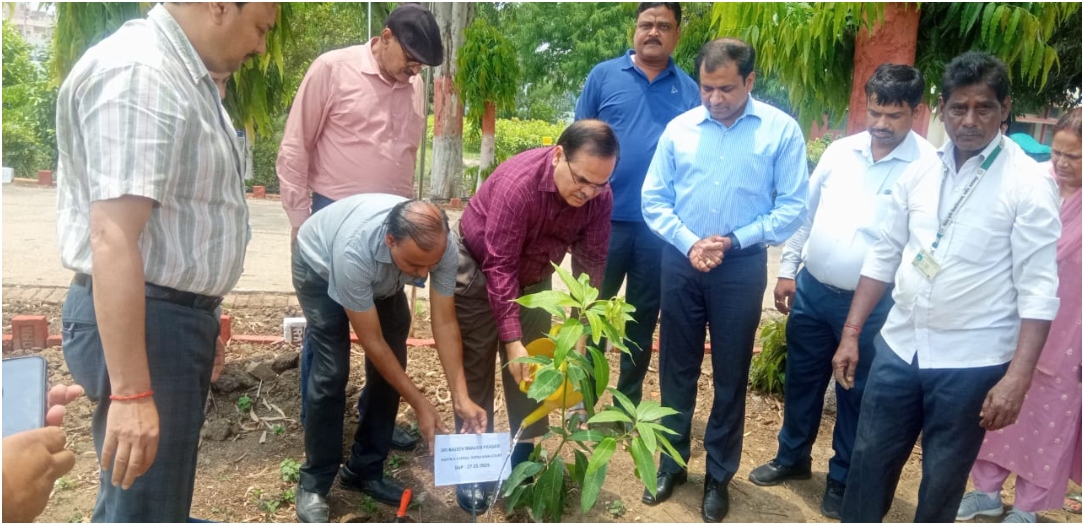
The institute has readied around 5,000 Dudhia Maldah plants for sale from the first week of July, priced between Rs80 and Rs100. In addition, plants of other varieties including Jardalu, Amrapali, Dussehri mangoes, guava, jackfruit, and lemon are also available.
Agarwal also toured other key facilities at the institute, including the Agricultural Technology Information Centre, modern nurseries, herbal plant showcases, and the vermicompost unit. He praised the innovations underway and encouraged further development and scaling of these initiatives.
Emphasising capacity-building, the secretary urged the institute to launch regular training programmes focused on vermicomposting, mushroom cultivation, and nursery management for local farmers, women, and youth. “Such hands-on training will help transform them into self-reliant agri-entrepreneurs,” he said.

